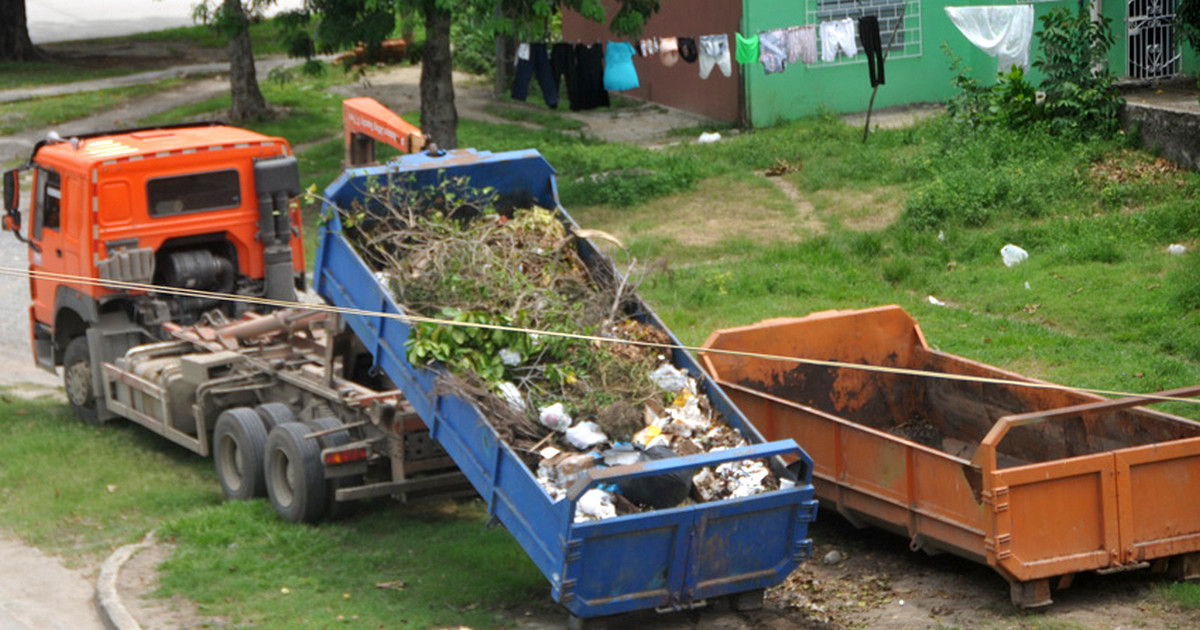
The collection of solid waste does not cover the demand of the population in Las Tunas, where it constitutes a problem that increases every day due to the lack of transportation and labor.
Although the total volumes to be collected do not exceed, currently in Las Tunas more than 3,000 cubic meters of waste are collected daily, of which 85 percent is transported by cart drivers; according to data collected by the local press, which described the situation as a "pressing dilemma."
"The territory has three collection trucks, which are located in the main municipality," he told Newspaper 26, Grisel Alonso Guerrero, director of Community Services in Las Tunas.
The lack of transportation, spare parts and labor have meant that in recent times the Las Tunas authorities have faced an increasing problem with the collection of solid waste and, consequently, the elimination of epidemiological risks for its population.
Although Alonso Guerrero also reported the use of carts and tractors as “conventional transportation” to transport garbage, he specified that only 50 percent of that group works, due to a lack of tires and some parts, although he did not specify total vehicle figures. .
The director of provincial Communal Services recognizes that it is the cart drivers and self-employed workers who save the current situation, but even that sector barely occupies 400 of the 620 positions available and required to cover all areas.
Alonso Guerrero added that they have had to make a movement of this group of employees to other activities in the last period, "which has caused some spaces to not have this figure", without specifying how many or which activities could be more pressing and priority.
“Even so, it is valid to socially recognize their work because in times of crisis (self-employed workers) play a fundamental role,” said the director of Community Services.
The provincial capital, in addition to the municipalities of Jobabo, Manatí and Puerto Padre, face the worst situation with the accumulation of garbage.
Among the epidemics that have intensified in recent times in Cuba is dengue, with the incidence rate of suspected cases increasing by 2.5 percent at the end of September, as recognized by the Minister of Public Health, José Ángel Portal Miranda.
In June of this year, residents of Las Tunas denounced the contamination of the Hórmigo River, whose bad odors had a detrimental impact on their daily lives. At that time, the authorities admitted that they had 120 pending clean-ups of urban surface channels, such as ditches, rivers, ravines or canals.
In 2019 Communal Services recognized problems in waste collection due to lack of fuel in the province, where only 30% of what was transported was done with trucks and the rest with cart drivers and self-employed workers.
Neighbors complained about the bad smell in the streets of Las Tunas. product of the decomposition of the garbage abandoned for days in front of the doors of their homes.
What do you think?
COMMENTFiled in: